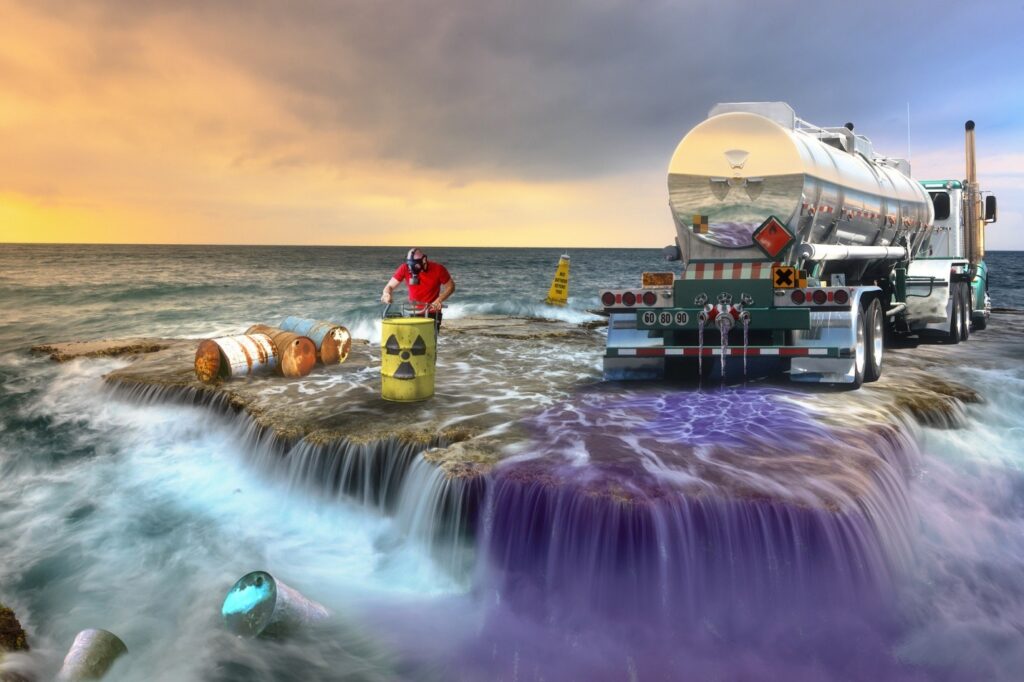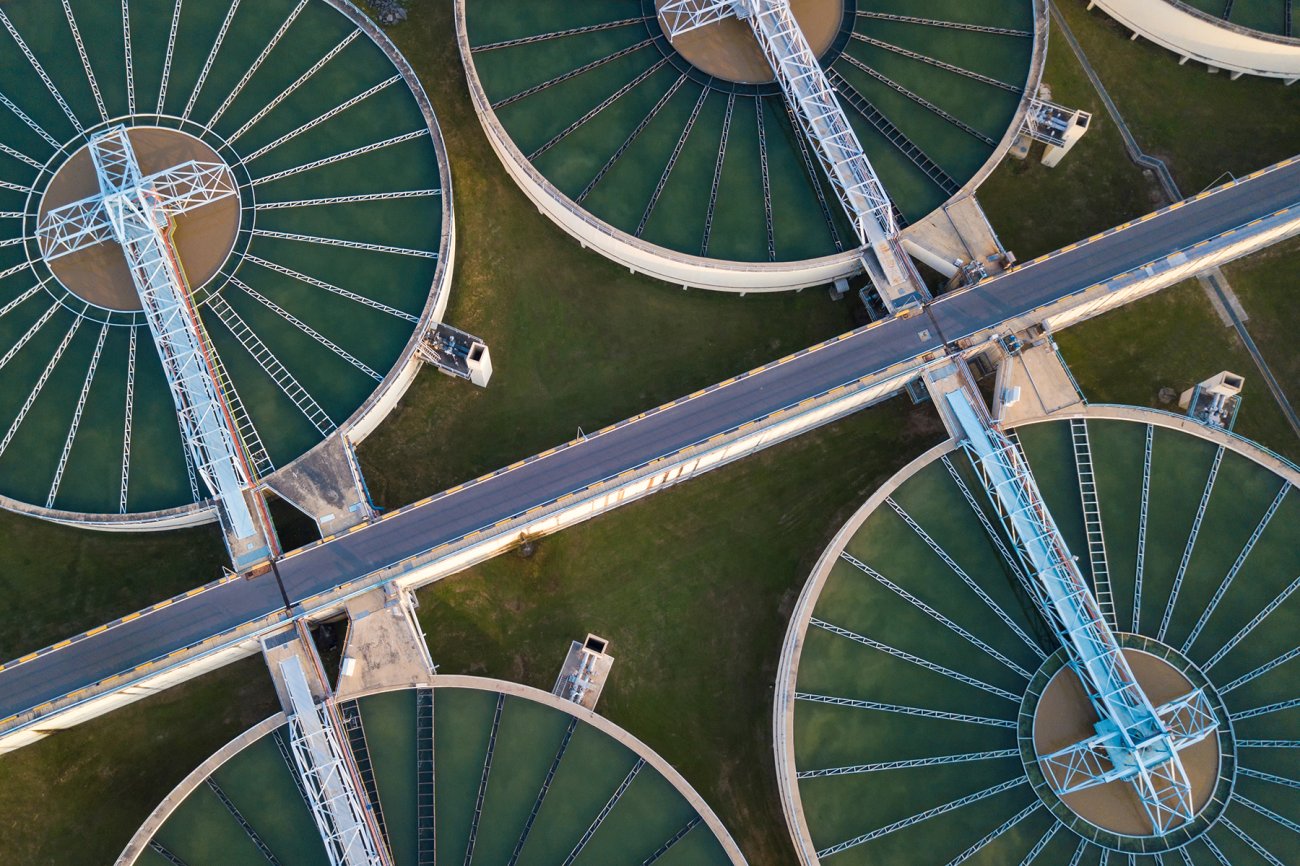Some Of Reclaim Waste
Some Of Reclaim Waste
Blog Article
Reclaim Waste Things To Know Before You Buy
Table of ContentsTop Guidelines Of Reclaim WasteThe Buzz on Reclaim WasteIndicators on Reclaim Waste You Need To KnowHow Reclaim Waste can Save You Time, Stress, and Money.The Of Reclaim Waste
Domestic sewage waste refers to the waste and items from a property septic storage tank. The proper management and disposal of domestic sewage waste need liquid waste to be transferred to a sewer treatment plant where the proper techniques and devices are applied to cleanse and dispose of waste.
Business waste often consists of prospective risks, such as flammable materials or a combination of liquid and solid waste products, and calls for an advanced and in-depth disposal procedure. The disposal of business waste commonly entails the filtration of waste before transport to guarantee risk-free and appropriate disposal. Industrial waste is produced from by-products and overflow of commercial procedures and production.
This type of waste can not utilize the same sewage management transportation or procedures as septic or commercial fluids. The industrial waste administration procedure requires the inspection and testing of liquid waste before it undertakes the disposal procedure (liquid waste disposal melbourne). Runoff waste is the fluid waste that originates from runoff and excess stormwater in highly inhabited areas or cities
Runoff waste can create contamination and flooding if not dealt with effectively. Discover extra regarding sewer cleaning and waste management. Making sure proper waste management can protect against catastrophes and minimize ecological harm. Both people in household setups and professionals in business or production sectors can take advantage of understanding the processes and guidelines of fluid waste administration.
Not known Details About Reclaim Waste
Contact PROS Providers today to find out about our waste management and disposal services and the proper means to look after the liquid waste you create.
(https://giphy.com/channel/reclaimwaste1)This so-called 'wastewater' is not only an essential source however, after therapy, will be launched to our land, rivers or the sea. Used water from bathrooms, showers, baths, cooking area sinks, washings and commercial procedures is known as wastewater.

water made use of to cool down equipment or tidy plant and devices). Stormwater, a kind of wastewater, is overflow that flows from farming and city locations such as roofings, parks, yards, roads, courses and rain gutters right into stormwater drains pipes, after rain. Stormwater streams neglected straight to neighborhood creeks or rivers, ultimately reaching the ocean.
See This Report about Reclaim Waste
In Queensland, the majority of wastewater is dealt with at sewage therapy plants. Wastewater is transferred from domestic or commercial sites through a system of sewage systems and pump stations, understood as sewage reticulation, to a sewage therapy plant.
The Division of Natural Resources advises city governments regarding handling, operating and maintaining sewage systems and therapy plants. In unsewered locations, city governments may require householders to set up specific or family sewer therapy systems to treat domestic wastewater from toilets, kitchens, bathrooms and washings. The Division of Natural Resources my link authorises using family systems when they are proven to be effective.
The majority of stormwater gets no therapy. In some brand-new communities, treatment of some stormwater to get rid of clutter, sand and crushed rock has begun utilizing gross toxin traps. Wastewater treatment happens in 4 phases: Eliminates strong issue. Larger solids, such as plastics and other objects wrongly discharged to sewers, are gotten rid of when wastewater is passed with displays.
Wastewater after that streams right into huge containers where solids work out and are removed as sludge. Grease and residue are skimmed from the surface. Utilizes little living organisms referred to as micro-organisms to damage down and remove remaining liquified wastes and fine fragments. Micro-organisms and wastes are integrated in the sludge. Gets rid of nitrogen and phosphorus nutrients that could trigger algal blossoms in our waterways and threaten aquatic life.
Facts About Reclaim Waste Uncovered
Nutrient removal is not available at all sewage treatment plants due to the fact that it requires expensive specialized tools. It is becoming a lot more usual in Queensland. Clear liquid effluent generated after therapy may still have disease-causing micro-organisms. If this effluent is released into waterways such as rivers or the sea, the micro-organisms will eventually pass away out.

This normally indicates wastewater needs to be dealt with or contaminants eliminated prior to it can be discharged to waterways. A lot of wastewater flows right into the sewerage system. Under the Act, city governments administer authorizations and licences for ecologically appropriate activities (Ages) involving wastewater launches that could have a local influence. The division carries out approvals and licences to ERAs involving wastewater releases that could have a local or statewide effect.
Little Known Questions About Reclaim Waste.
Monitoring provides valid info regarding water high quality and can verify that permit conditions are being satisfied. The details gotten through surveillance supplies the basis for making water top quality choices.
Report this page